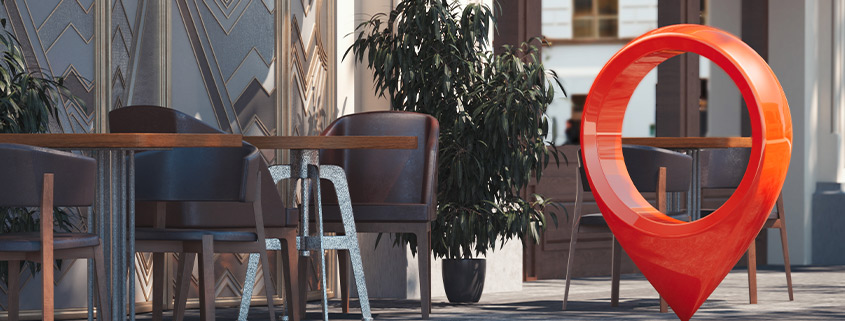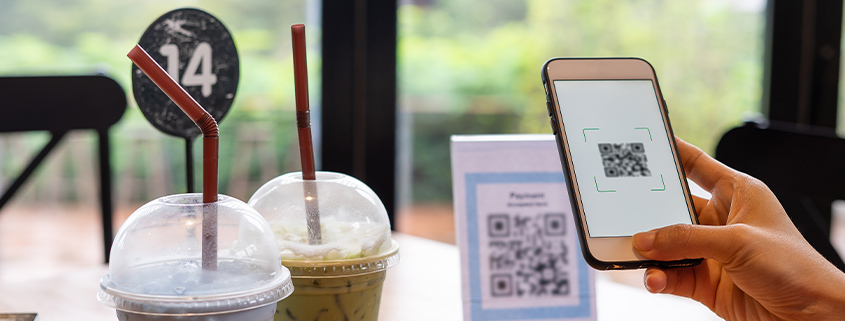Planning to start a new restaurant? Then don’t listen to what detractors say. Despite all the adversities posed by Covid-19, the restaurant industry remains an evergreen industry. “Restaurants are going to be back. You can’t remove restaurants from the DNA of human beings.” opines Zorawar Kalra, the Founder and Managing Director of Massive Restaurants Pvt Ltd. However, before going ahead with your restaurant plans, first, you need to prepare a checklist. It will serve as your guide in every step of your journey.
11 Key elements of a restaurant checklist
1. Set a Theme or Concept

Many of the successful restaurant concepts of the 70’s and 80’s no longer exist. Trends will come and go. However, to stay in business, you need to come up with a fresh and evergreen concept. Do proper market research. Find out the cuisines most liked by diners. Learn from the failures of other restaurants and study where they have gone wrong. Explore ideas not tried by many and come up with a novel concept.
2. Competitor Analysis
Collect detailed information about competitors in your surroundings. Some of them may be doing well. Check the factors that contributed to their success. You can follow suit and even do better than them. Although they may be others who are struggling, you can learn not to make the same mistakes.
3. Choose the Right Location

Who are your target customers? Before deciding on the location, take this aspect into consideration. If you plan to start a fast-food joint, setting up your restaurant in a posh locality would be a sheer waste of money. It would be ideal to house your fast food venture in an area crowded with schools and colleges. Deciding on the location keeping in mind your target audience is key. Also, keep your rental budget in mind. As per the report by Restaurant India, the rentals for Indian restaurants have shot up by 40 to 45%. Paying high rentals can burn a hole in your pocket, especially in these pandemic times.
4. Write a Robust Business Plan
A business plan is a roadmap for your restaurant. You need to have a solid business plan to get funding from investors, allocate budgets, and hire employees. Hence, ensure that your business plan consists of the three main aspects, the executive summary, company description, and market analysis. Also, keep a note of your concept, the location, and the number of profits you expect to make each year.
5. Meet your Investors
Generally, it takes somewhere between 1 to 2 years for a restaurant to break even. Hence, have a clear idea about the start-up capital and working capital. Now that you have a business plan in place, the next step is to meet investors. To get investors on board, be ready with all the required paperwork. Your investor may be a bank, a small business bureau, or a private investor. Irrespective of the type of investor, ensure that you neatly organise all the papers in folders. It makes the job of going through the documents easy for investors.
6. Get the Necessary Licenses
Now, the next step is to procure the required licenses. For starting your restaurant in India, it is mandatory to get the following licenses. 1. FSSAI License from Food Safety and Standard Authority of India 2. Liquor License (if your restaurant serves liquor) 3. Health/Trade License 4. Eating House License 5. Shop and Establishment License 6. Fire Safety License 7. Lift Clearance 8. Music License 9. Certificate of Environmental Clearance 10. Signage License.
7. Hire the Best Employees
A good bunch of employees can uplift your restaurant’s reputation enormously. Hire an experienced head chef who can manage your kitchen operations seamlessly. Also, you need a team of efficient waiters, front-of-the-house staff, busboys, kitchen staff, etc. Advertise your employee requirements in newspapers, job portals, social media, etc. Once you have hired your employees, the next step is to train them. Conduct regular training sessions and hand over the training manual to your employees. Make your employees learn the art of upselling dishes and other smart techniques. Not to forget, your staff needs to be trained on the importance of following Covid-19 protocols issued by the Government of India.

8. Create a Menu

A menu is a major attraction to your restaurant. Develop a stellar menu that lowers food costs and boosts your profits. Also, keep the size of your restaurant kitchen in mind while building your menu. Have discussions with consultants and the chief chef before finalising your menu.
9. Buy the Right Equipment
Depending on the dishes prepared and the number of diners you plan to serve at a time, the cooking equipment also varies. Research on where you can buy good quality equipment at low prices. Also, explore the option of buying second-hand cooking equipment from auctions or stores.
10. Plan and Strategise the Opening
Now, it’s time to publicize and market your restaurant brand. Divide your restaurant’s inauguration function into two phases. First, arrange a soft launch. Then, invite your family members, friends, and relatives. Collect their feedback and improve your shortcomings. A few weeks later, announce a grand inauguration by inviting a huge crowd.
11. Market your Restaurant
Make use of offline marketing methods such as publishing ads in newspapers, billboards, notices, etc. Have a robust website for your restaurant: upload photos and videos of your restaurant’s inauguration. Also, build your restaurant’s official Facebook and Instagram pages. With inresto restaurant marketing solutions, run marketing campaigns at very low costs. Announce the discount offers and festival offers through your website and social media platforms. Also, post photos of mouth-watering dishes that will make it irresistible for customers to visit your restaurant.
Parting Words
Opening a restaurant is not a simple task. Once the restaurant is up and running, the venture demands hard work and team effort. Especially in the post-pandemic world, lockdowns and regulations imposed by authorities are posing major challenges for restaurateurs. The 11 points discussed above will be of immense help while setting up your restaurant.

